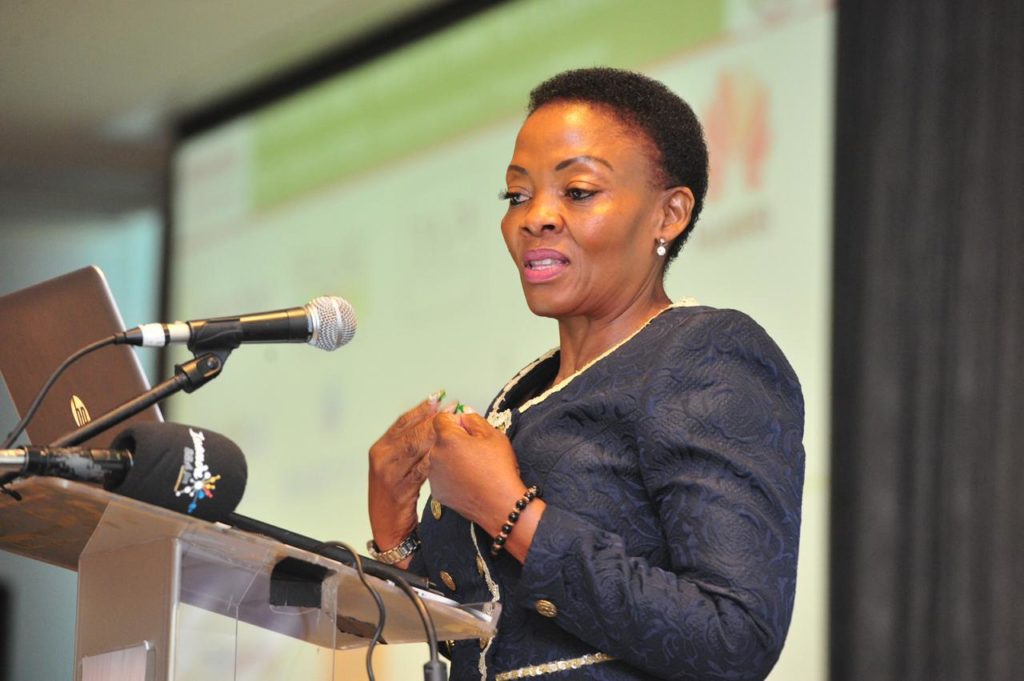Critics Slam Plans for Netflix and DStv to collect TV license fees in South Africa
Media critics have come hard on South African authorities over the plan by the South African Broadcasting Corporation’s (SABC) to ask Netflix and MultiChoice to collect TV license fees as unrealistic. This came as the Deputy Communications Minister Pinky Kekana has recently said the expanded definition of a TV licence is outdated and needs to be adjusted to current realities. The SABC said regulation is needed which would require service providers like MultiChoice (DStv) and Netflix to collect TV licences on behalf of the SABC.

Kekana said the government’s proposal to help the SABC improve its financial position would include allowing the public broadcaster to collect licence fees from non-TV users. She added that TV licences fees should not be limited to TVs, but should also include devices like laptops and smartphones which are used to consume content. This idea has been slated by technology experts are unrealistic and challenging to enforce. Rain founder and venture capitalist Michael Jordaan said every business would love to have their competitors pay them, but that’s not how competition works.
Read also:DStv Under Fire in Africa over ‘Ancient Content’, Repeats
“You have to constantly improve to stay relevant,” Jordaan said about the SABC’s funding challenges. Stuff Magazine Editor Toby Shapshak said it is a “crazy suggestion” to expect Netflix or Amazon Prime to collect TV licence fees. He highlighted that there are many problems with the proposal, like who is going to charge the TV licence fee.
“I subscribe to Netflix, DStv, Showmax, and Amazon Prime. Which one of these four companies are going to charge the TV licence fee?” he asked.
“How are they going to cooperate with each other, and what if all of them are charging me the fee?”
Organisation Undoing Tax Abuse (Outa) CEO Wayne Duvenage said the TV License model is failing. “Any tax or levy that fails to achieve the required compliance due to poor administration and is unenforceable should be terminated,” he said.
Duvenage said TV Licenses have become an irrational tax and compliance has declined over the past decade. “This ultimately means that the revenue model for the state broadcaster should be reviewed, as must its business model and cost structures,” he said.
Read also:Multichoice Raises the Bar With Showmax Live-streaming Service in Kenya, Nigeria
“We understand the need for a public broadcaster and that some of its funding will need to be sourced through levies or general tax allocations. The question is how much and why and where does oversight of this lie?”
He said the best outcome would be for the SABC to become financially viable as a broadcaster of choice and not of necessity. The idea of switching the failed TV License revenue mechanism to other commercial broadcasters or live streaming entities, or to add a tax to the sale of electronic devices like laptops, phones, and laptops, is also not a solution in Outa’s view.
Read also:Lesotho Bars Foreigners From Owning Road Transport, Logistics Businesses Under New Rules
“This has other unintended consequences and interferes with these entities’ sensitive pricing models,” he said.
“In addition, these items are already taxed through business taxes, VAT and import duties, so by adding a tax onto these electronic items to pay for the public broadcaster would essentially be a double taxation.”
Kelechi Deca

Kelechi Deca has over two decades of media experience, he has traveled to over 77 countries reporting on multilateral development institutions, international business, trade, travels, culture, and diplomacy. He is also a petrol head with in-depth knowledge of automobiles and the auto industry

